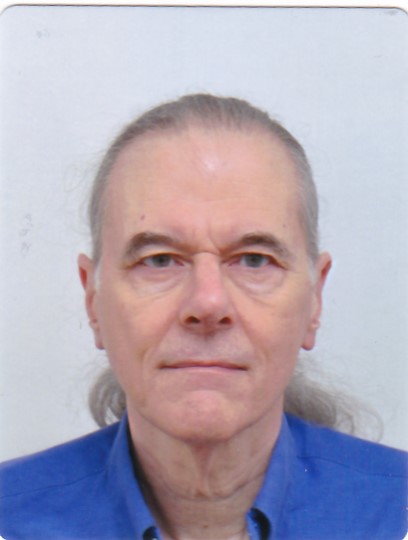Writing effective comparisons in scientific articles
David Barick, the Netherlands
Writers of academic research articles are often called on to draw comparisons of many types. As these comparisons vary greatly in length and complexity, the task can pose considerable difficulties. Reference works such as Swan (2005) or the online Manchester Academic Phrasebank (2006) contain sample comparison sentences, but their advice is confined to the most basic situations. Very little support is available for more complicated comparisons, such as a description of how multiple variables are interrelated in a between-subjects research design. Another major challenge occurs in the discussion section when the author’s own results must be compared with those presented in other research articles. As pointed out by Wallwork (2011), when this is not done well, the reader can find it difficult to tell which paper an author is referring to.
During this presentation, I will illustrate these issues with examples of comparison writing taken largely from my own teaching practice. Attendees will be invited to share their thoughts on how to make these passages clearer and more concise. I will conclude with a number of guidelines for improving the quality of comparison writing in research articles. This talk should be of interest to teachers, editors and translators working with non-native authors of scientific articles.
Click here to register for the online conference
About the presenter

David Barick studied musicology and English at the University of Michigan, Ann Arbor, and has been based for many years in the Netherlands. He works as a language teacher, Dutch–English translator and editor specialising in scientific English. At the Language Centre of VU University Amsterdam, he regularly gives classes to students at master’s, doctoral and post-doctoral levels in article writing, research proposal writing and presentation skills. He has been a member of SENSE since 2012 and is the convener of SENSE’s special interest group for educators.